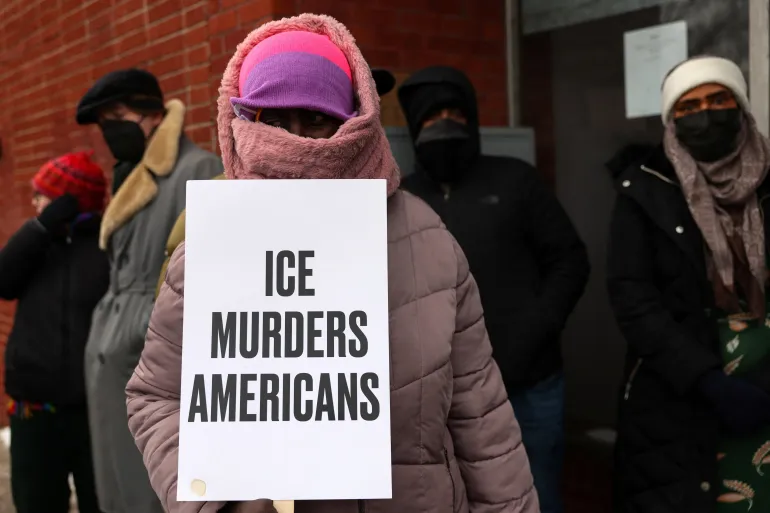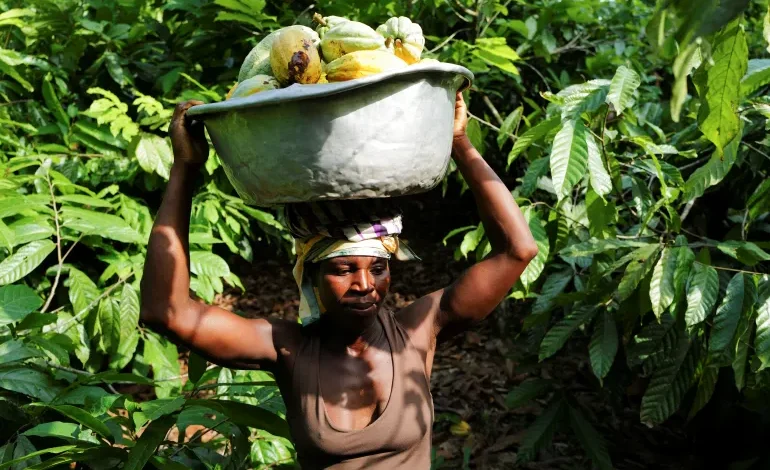South Korean cabbage, Aussie lettuce, Japanese rice, Brazilian coffee, Ghanaian cocoa — no matter where you look, climate change is messing with your plate and your wallet.
A new report from a team of European scientists and the European Central Bank lays it out: extreme weather events over the past couple of years have triggered massive price hikes on key foods around the globe. And it’s all happening faster than most of us realize.
Take cocoa, for example — prices soared by a staggering 280% in April 2024 after brutal heatwaves scorched crops in Ghana and Ivory Coast. Over in Australia, lettuce prices shot up 300% after devastating floods in 2022. In South Korea, cabbage saw a 70% price hike in September 2024. Japan’s rice? Up 48%. Potatoes in India? An eye-watering 81% jump early this year.
And it’s not just heat — droughts are driving up costs too. Brazil’s dry spell in 2023 led to a 55% rise in coffee prices the following year. Ethiopia’s 2022 drought sent food prices there soaring by 40% in 2023.
The report drops just ahead of the UN Food Systems Summit, happening in Addis Ababa from July 27–29, and it paints a pretty stark picture: unless we get serious about cutting emissions, these price shocks are only going to get worse.
“Until we get to net zero emissions, extreme weather will only get worse — but it’s already damaging crops and pushing up the price of food all over the world,” said lead author Maximillian Kotz from the Barcelona Supercomputing Center.
People are feeling it too. Kotz says food price hikes are now the second most noticeable climate impact in daily life — right behind extreme heat. And those price jumps hit low-income families the hardest.
In the UK alone, climate-driven inflation added £360 (about $480) to the average household grocery bill in 2022–2023, said Amber Sawyer of the Energy and Climate Intelligence Unit, another author of the report.
This isn’t just about food. It’s about politics, too. Rising grocery bills have already become a major election issue — from rice prices dominating the vote in Japan to cost-of-living debates in the U.S., U.K., and Argentina.
The bottom line? Climate change isn’t some distant threat. It’s showing up in your shopping cart.
With input Al Jazeera










The latest news in your social feeds
Subscribe to our social media platforms to stay tuned